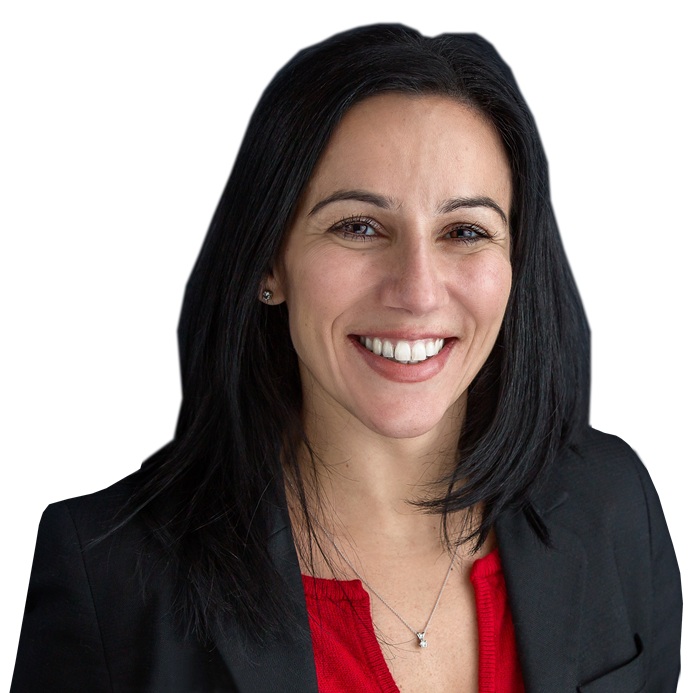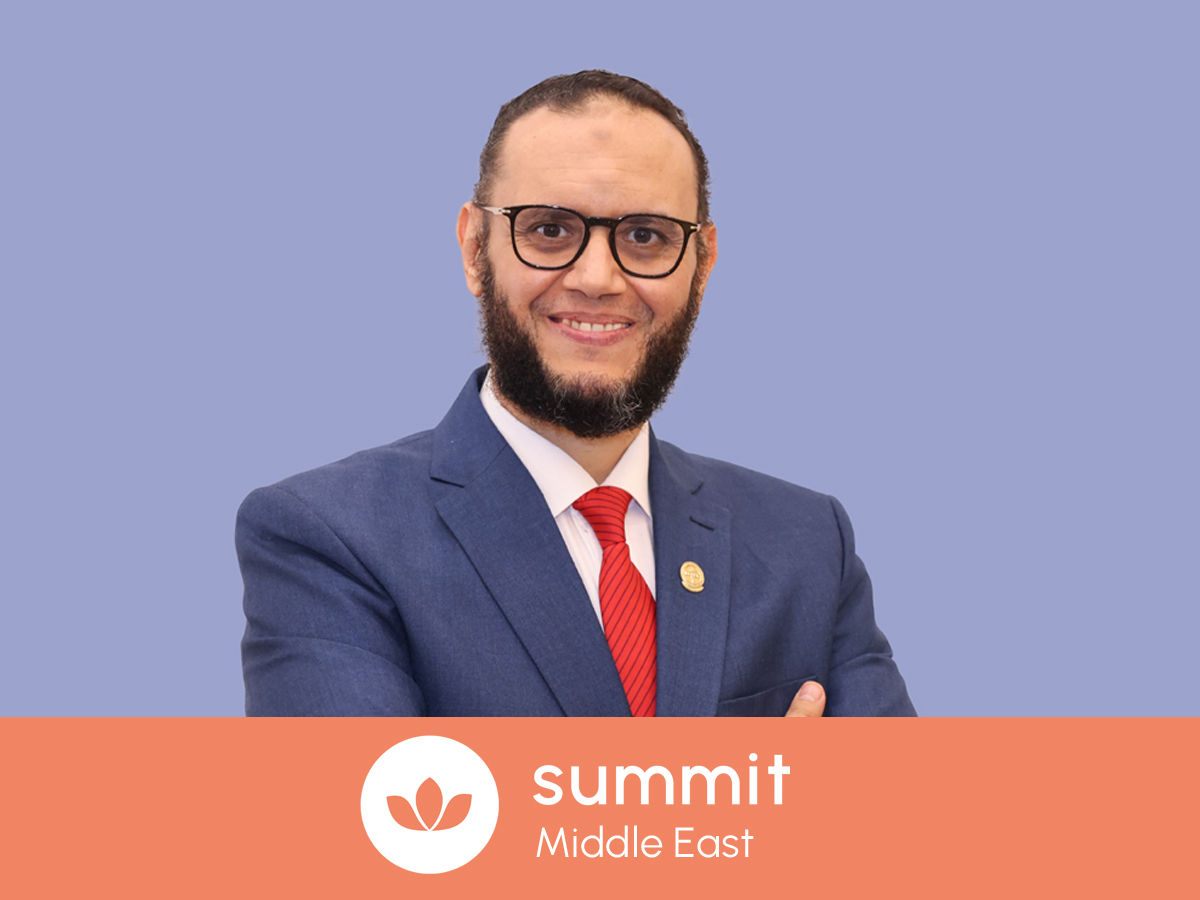
Carla joined Echelon Insurance as Vice President, Human Resources in September of 2020.
She has over 20 years of experience as a human resource professional. Prior to joining Echelon, she held a variety of roles in human resources at CAA Club Group over her 18 years with the company. Carla most recently served in the role of AVP, HR Business Partners, where she oversaw employee relations, labour relations, talent acquisition, talent management, and organizational design.
We are delighted that Carla will be speaking in Toronto as part of our Canada Summit this year. We caught up with her to find out how she’s feeling in the runup to the event.
Hi Carla, we are thrilled that you will be speaking at the Wellbeing at Work Summit Canada in October. Our first and most important question is, how are you doing today?
I am great! As a leader, I am feeling more inspired than ever by the opportunity to make a difference within my organization and for our Associates. As a senior HR leader in an organization so committed to Associate wellness, there are so many meaningful things happening, and I feel blessed to be able to contribute. I am also really looking forward to speaking at this conference again and to connecting with attendees.
As a leader based in the region, what are the main challenges you are facing when it comes to employee wellbeing and mental health?
One of the challenges that I am focused on, is the ability for us as an organization to provide a consistent experience to all Associates across the organization, no matter how they come to work – in office, remotely or via flexible work.
We put a lot of effort into thinking of everyone, not just those we see in meetings or in the office here and there. We are fortunate to work for an organization that is incredibly diverse in many ways, and we are committed to ensure that the mental health and wellbeing of our Associates isn’t dependent on where they live, how they work, or who they are.
What that means in practice, is empowering leaders to recognize opportunities for career growth based on results and impact, while safeguarding balance and well-being. We all need to have empathy and to offer relevant resources for the realities of today.
Meeting people where they are is a challenge but it’s also a welcome opportunity. We have found that the greatest challenges have fostered the most meaningful outcomes for us as an organization and for Associates. More to come on that during my talk.
What strategies have you seen developing over the past 6 months, both internally and externally, that are moving the dial on wellbeing in the workplace?
The word I would share here is prevention. We have invested considerably in resources and programs that target key elements of health and help our Associates build healthy habits over time. For example, we increased our mental health benefit significantly, giving Associates adequate resources to speak with a psychologist more regularly. This has reduced the number of people who go on leave for mental health related matters. Another example is when we started seeing more musculoskeletal issues arising, so we gave Associates the knowledge and tools to enhance that area of their health, which again has led to fewer people experiencing pain. Using data to target prevention initiatives has been moving the dial in a significant way for our Associates across the organization.
Why is employee wellbeing so important to you personally?
Employee wellbeing is deeply personal because it reflects how we value people—not just as professionals, but as whole individuals. When we prioritize wellness, we create a culture where people can be their best selves. At CAA Club Group (CCG), we’ve seen firsthand how a holistic approach—one that includes financial, physical, and mental wellness—can transform lives. When Associates feel supported in all aspects of their lives, they show up with energy, purpose, and resilience. That’s the kind of workplace we are building and that I feel privileged to be a part of under the leadership of our CEO.
What impact is AI having in your organization and how are you managing that?
There are certainly many opportunities with the use of AI. As a data and care-driven organization, we are focused on ensuring that we implement any new technology responsibly and with a long-term view. We have been using AI for years to enhance our roadside and insurance services. With GenAI becoming more mainstream, our approach is to balance innovation with empathy, ensuring that technology amplifies—not replaces—the care and connection that defines our culture.
Other than AI, are there any challenges that you are seeing for the first time and how are you addressing them?
One challenge that we continue to tackle is the growing complexity of supporting a workforce with diverse needs and expectations. At CCG, we’ve recognized that wellness isn’t one-size-fits-all. That’s why we’ve expanded our offerings to include everything from paediatric virtual care to chronic disease prevention and financial literacy tools. We’re also seeing a greater need for proactive, rather than reactive, wellness strategies. Our response has been to embed wellness into the culture of our organization—through leadership-led education sessions, interactive wellness challenges, and personalized digital tools like the Jaunt Wellness App. These efforts help us stay ahead of evolving needs while reinforcing a culture of care.
What areas do you think employers should be focused on over the next 12 months?
In my view, a solid approach includes a strong focus on personalization, prevention, and purpose. Personalization means meeting employees where they are – offering flexible benefits, hybrid work options, and wellness tools that adapt to individual lifestyles. Prevention is about equipping people with the knowledge and resources to stay well, not just treat illness. At CCG, our cancer prevention and metabolic health programs are examples of this shift. And purpose is the thread that ties it all together. When employees feel connected to a mission and supported in their wellbeing, they thrive – and so does the organization.
Do you feel that investment in employee wellbeing in the region is increasing or decreasing and is that a direct reflection on HR leaders’ increasing ability to demonstrate effective returns of their strategies to leadership?
Investment and focus on employee wellbeing is increasing, but so is the return. We are becoming more adept at connecting wellness to business outcomes like retention, engagement, and productivity and targeting programs that will have the biggest impact. At CCG, we’ve seen that Associates who engage with our wellness programs and receive recognition through our Applause platform are significantly less likely to leave the organization. These insights help us make the case for continued investment and innovation in wellness. We are very focused on targeting our programs to ensure that there is a clear impact that can be measured, so we know what’s working and not working and the return on investment is clear.
How has your organization been leading the way?
Our CEO’s personal commitment and involvement in wellness initiatives sets the tone from the top – and that is our superpower. Our wellness program is also over a decade old, so we have had a lot of time to evolve and refine our approach before Associate wellness initiatives became the norm. We’ve built a comprehensive, evidence-based wellness ecosystem that is more than a benefit—it’s a culture. The results speak for themselves: increased engagement, reduced turnover, and a workforce that feels genuinely cared for.
Carla will be speaking in Toronto at the Wellbeing at Work Summit Canada.
Our Toronto Summit takes place on October 21, 2025. Visit our Toronto webpage for further details and to book your tickets.
Our Calgary Summit takes place on October 23, 2025. To find out more about our Calgary Summit and book your tickets please visit our Calgary webpage.



